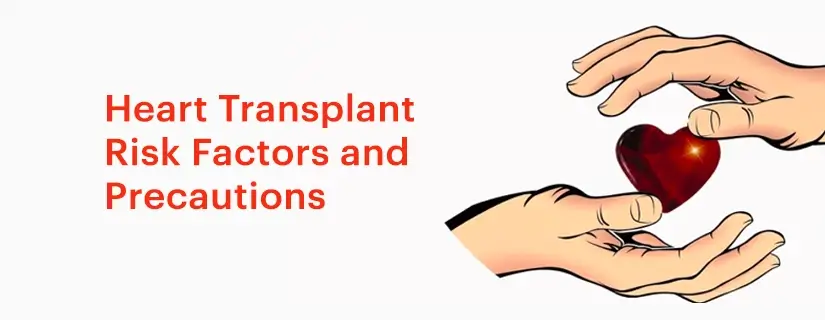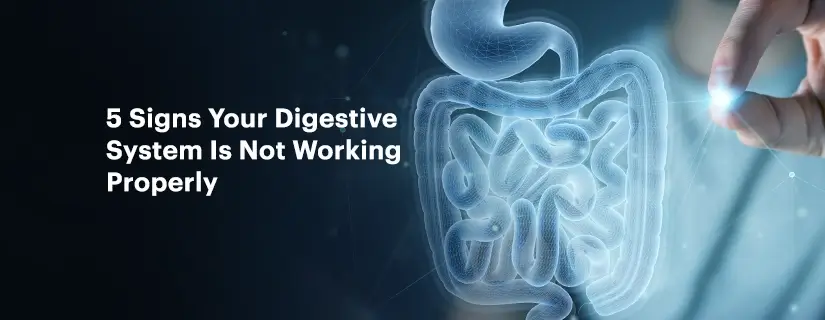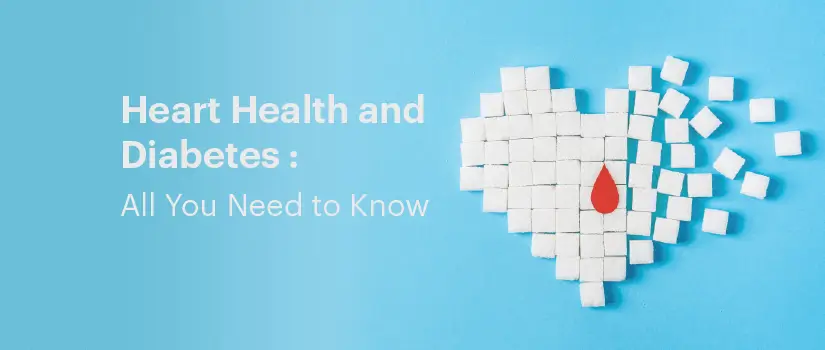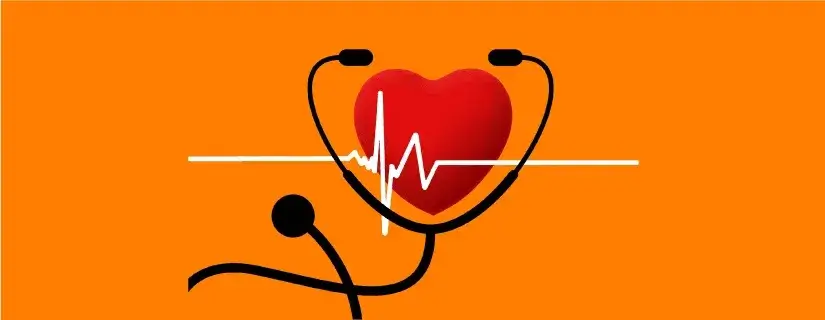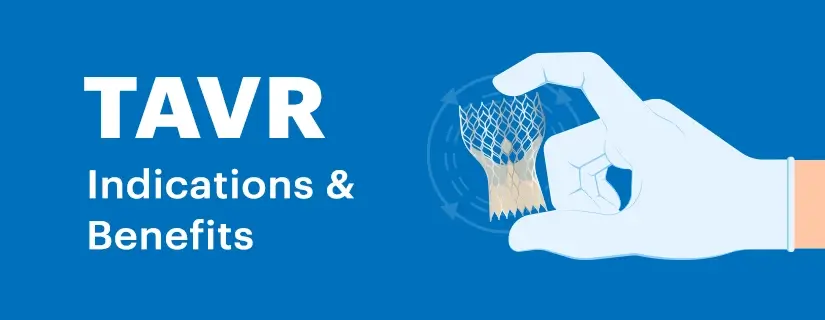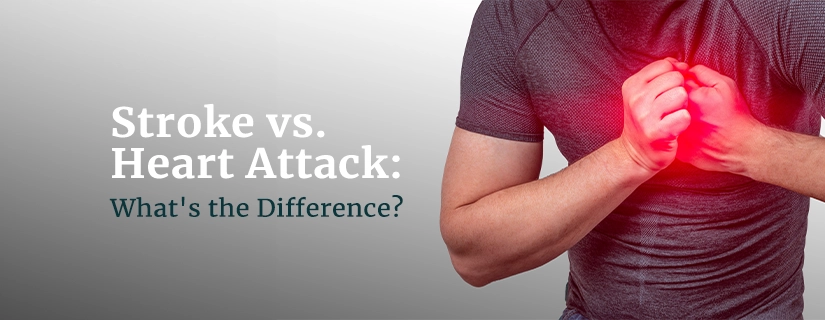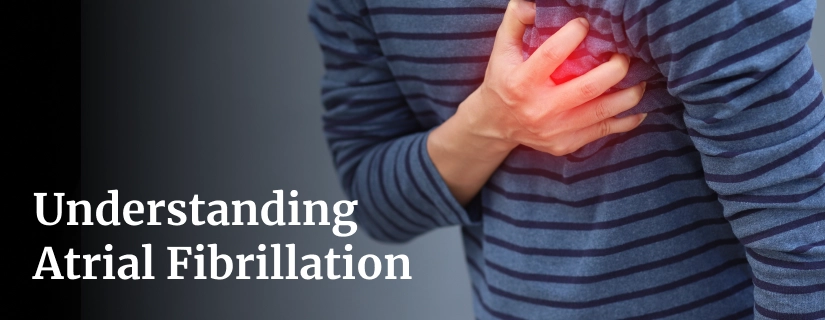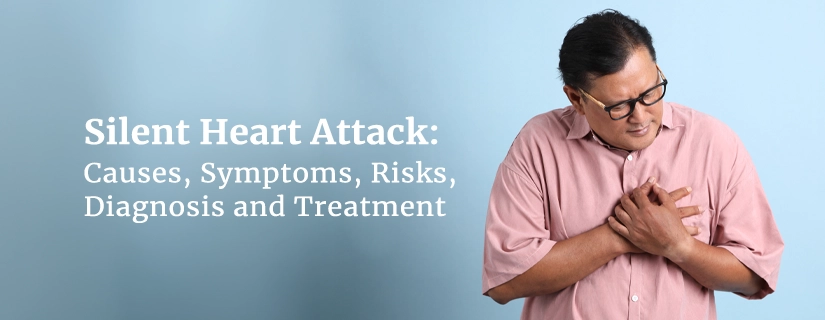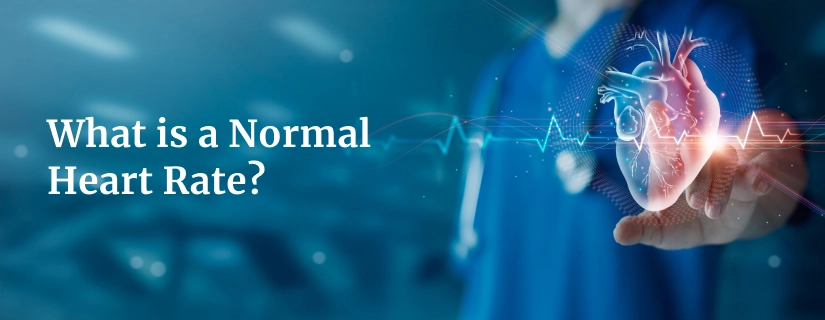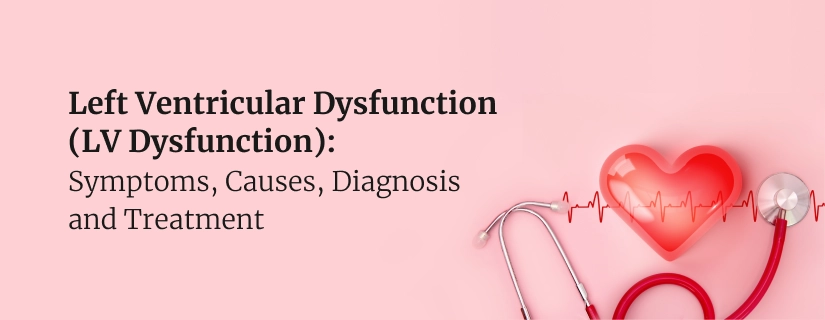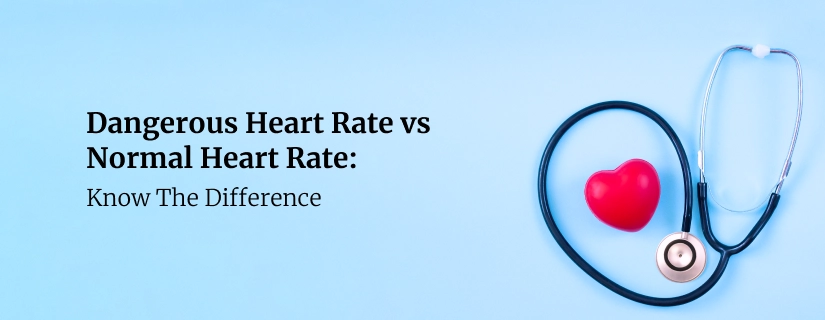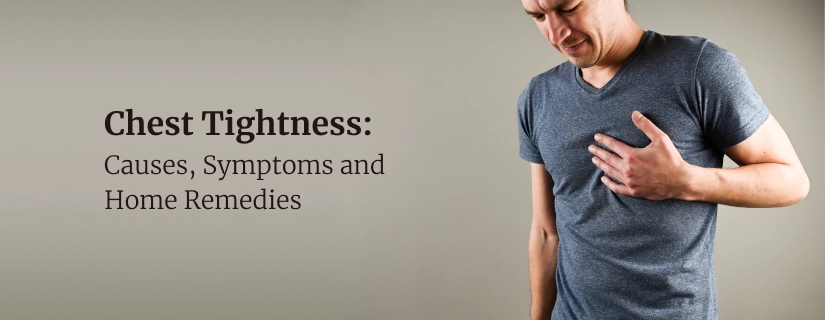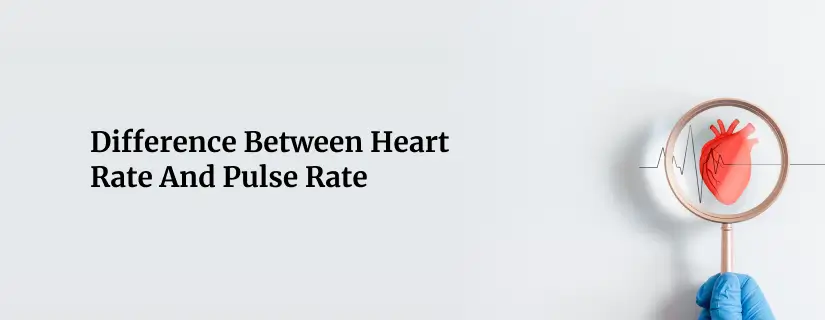-
Doctors
-
Specialities & Treatments
Centre of Excellence
Specialties
Treatments and Procedures
Hospitals & Directions HyderabadCARE Hospitals, Banjara Hills CARE Outpatient Centre, Banjara Hills CARE Hospitals, HITEC City CARE Hospitals, Nampally Gurunanak CARE Hospitals, Musheerabad CARE Hospitals Outpatient Centre, HITEC City CARE Hospitals, Malakpet
HyderabadCARE Hospitals, Banjara Hills CARE Outpatient Centre, Banjara Hills CARE Hospitals, HITEC City CARE Hospitals, Nampally Gurunanak CARE Hospitals, Musheerabad CARE Hospitals Outpatient Centre, HITEC City CARE Hospitals, Malakpet Raipur
Raipur
 Bhubaneswar
Bhubaneswar Visakhapatnam
Visakhapatnam
 Nagpur
Nagpur
 Indore
Indore
 Chh. Sambhajinagar
Chh. SambhajinagarClinics & Medical Centers
Book an AppointmentContact Us
Online Lab Reports
Book an Appointment
Consult Super-Specialist Doctors at CARE Hospitals
Triple Vessel Disease: Symptoms, Causes, Diagnosis and Treatment
Updated on 25 November 2025
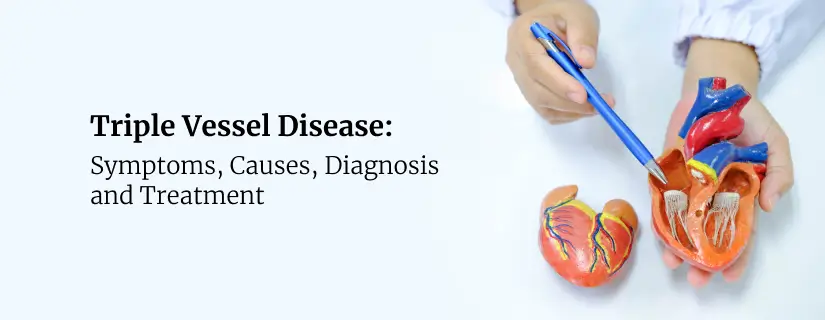
Heart disease is still one of the top five causes of death in the world. Coronary artery disease is one of the most common types of heart disease. In this classification, triple vessel disease (TVD) is the most severe and advanced type of coronary artery disease. It has the highest risks of heart attack, heart failure, and other heart-related events. Knowing the signs, reasons, and methods of treatment that are available will help you get the right diagnosis and treatment faster.
What is Triple Vessel Disease (TVD)?
Triple vessel disease (TVD) is a condition where all three major coronary arteries – the left anterior descending (LAD), left circumflex (LCX), and right coronary (RCA) – are significantly narrowed or blocked due to the build-up of atherosclerotic plaque. Atherosclerotic plaque consists of cholesterol, fat, and other materials that limit blood flow to the heart muscle.
Because there are blockages in all three vessels, blood flow to the heart is severely limited, resulting in limited oxygen delivery and increased risk of ischemic heart injury.
Triple Vessel Disease Symptoms
The symptoms of Triple Vessel Disease are very similar to those that other types of coronary artery disease people may experience, except they may be worse and last longer due to the amount of blockage. Here are some common symptoms:
- Angina: Angina is chest pain or discomfort that feels like pressure, squeezing, or fullness in the chest, and is commonly brought on while you are active or under stress.
- Shortness of breath: Basically, it gets worse when you're more active or when you're resting a lot.
- Pain: When the heart or other organs don't get enough oxygen, they can get tired or weak. You may also feel pain in your shoulder, arm, jaw, neck, or back.
- Heart palpitations: Feeling like your heart is beating too fast or in an irregular way.
- Feeling dizzy or faint: Less blood flow to the heart
- Swelling in the legs or feet: Happens when heart failure sets in.
In some cases, patients may have silent ischemia, which is symptoms with no clear symptoms; this is seen mainly in diabetics and the elderly.
Causes of Triple Vessel Disease
Atherosclerosis, a slow and progressive process where plaque develops inside the arteries, is the primary cause of Triple Vessel Disease. Certain factors can exacerbate and speed up this process, including:
- High blood cholesterol (LDL cholesterol)
- High blood pressure (hypertension)
- Diabetes mellitus
- Cigarette smoking and tobacco use
- Obesity, lack of exercise
- An unhealthy diet containing saturated fat and refined sugar
- Familial history of heart disease
- Chronic stress and high alcohol consumption
All of the above risk factors wear down the inside of the arteries, which will lead to plaque buildup and narrowing of the vessels over time.
Who is at Risk?
Some individuals face a higher risk of developing Triple Vessel Disease. These risk factors include:
- Males over 45 years of age and females over 55 years of age
- Family history of coronary artery disease
- Persons with diabetes, high blood pressure, or high cholesterol
- Smokers and inactive individuals
- Individuals who are obese or with metabolic syndrome
- Post-menopausal females (due to hormonal changes)
Identifying these risk factors and managing them early will greatly reduce the likelihood of developing TVD.
Diagnosis of Triple Vessel Disease
Diagnosis is made from clinical assessment, imaging, and cardiac testing. Common tests for diagnosis include the following:
- Electrocardiography (ECG): detects abnormal heart electrical patterns related to decreased blood flow
- Echocardiogram: Determines heart function and structure
- Stress Test: Supplies information on how the heart works under physical or pharmacologic stress
- Coronary Angiography (Cardiac Catheterization): The definitive test of TVD with the use of contrast dye under X-ray visualization to reveal arterial blockage
- CT Coronary Angiogram: A non-invasive method to visualize if there is narrowing in the arteries by using computerized imaging
- Blood tests: checking for lipid levels, blood sugar, or cardiac markers.
Treatment Options
The treatment of Triple Vessel Disease will be based on the degree of the blockages, symptoms, and global function of the heart. Typical treatments include:
1. Lifestyle Changes
- Heart-healthy diets (low in saturated fats, high in fruits, vegetables, and whole grains)
- Exercise as advised by their cardiologist
- Smoking cessation and limits on alcohol use
- Weight control and stress management
2. Medications
- Antiplatelet drugs, such as aspirin or clopidogrel, stop blood from clotting.
- Statins to reduce cholesterol levels
- Beta-blockers and ACE inhibitors help the heart work less hard.
- Nitrates for angina (chest pain)
3. Surgical and Interventional Procedures
- Coronary Artery Bypass Grafting (CABG) is seen as the most effective option in the treatment of severe TVD, and is when surgeons procure grafts to bypass blocked arteries in the heart.
- Percutaneous coronary intervention (PCI) is a procedure in which stents are placed to open the blocked arteries, but CABG is preferred in patients with multi-vessel disease.
When To See a Doctor
Go to your emergency department if you notice any of the following:
- Chest pain or chest discomfort that is persistent, especially with exertion
- Shortness of breath with mild exertion or at rest
- Unexplained fatigue, dizziness, or fainting
- Palpitations or an irregular heartbeat
- Any sudden symptoms that could represent a heart attack (chest pain radiating to the arm or jaw, sweating, nausea)
Seeing a cardiologist early can avoid complications and potentially improve your long-term outcome.
Conclusion
Triple Vessel Disease is a severe, advanced kind of coronary artery disease that needs to be diagnosed and treated right away. For moderate cases, treatment will include modifications to lifestyle and drugs. In more serious cases of Triple Vessel Disease, surgery will be needed as part of the treatment. You can live a long, healthy life without heart problems if you keep up with regular check-ups, eat a balanced diet, and take charge of your personal risk factors.
FAQs
1. What is Triple Vessel Disease?
Triple Vessel Disease (TVD) is a more advanced form of coronary artery disease, affecting all 3 major arteries supplying blood to the heart are severely constricted or occluded.
2. What causes Triple Vessel Disease?
Atherosclerosis, which is the development of fatty deposits (plaques) in the arteries, is the main cause of Triple Vessel disease. High cholesterol, diabetes, high blood pressure, smoking, and being overweight are all risk factors.
3. What are the usual signs of Triple Vessel Disease?
Some common symptoms are chest discomfort (angina), shortness of breath, exhaustion, palpitations, and sometimes pain that goes to the arm, jaw, or back.
4. What tests are done to find out if someone has Triple Vessel Disease?
Doctors usually use tests like an electrocardiogram (ECG), an echocardiography, a stress test, a CT coronary angiography, or a coronary angiogram to find out if someone has triple vessel disease.
To Book an Appointment, call:
ENQUIRY FORM
SELECT CATEGORIES
-
Neurosciences (16)
-
Neurology (38)
-
Neurosurgery (14)
-
Orthopaedics (48)
-
Oncology (33)
-
Obstetrics and gynecology (52)
-
Pulmonology (23)
-
Urology (20)
-
Nephrology (13)
-
Psychiatry (7)
-
Dietetics and Nutrition (111)
-
General Medicine (63)
-
Cardiac Sciences (32)
-
Vascular & Endovascular Surgery and Interventional Radiology (15)
-
Gastroenterology (46)
-
Endocrinology (23)
-
Plastic Surgery (10)
-
Critical Care Medicine (5)
-
COVID-19 (16)
-
Dermatology (16)
-
Emergency Care (1)
-
Ophthalmology (4)
-
Pediatrics (14)
-
Laparoscopic and Bariatric Surgery (8)
-
ENT (15)
-
Kidney Transplant (1)
-
Liver Transplantation and Hepatobiliary Surgery (5)
-
General Surgery (3)
-
Internal Medicine (5)
-
Medicine Information
Does a Family History of Heart Attacks Increase your Risk?
What are the reasons for Heart Attack in women and How to prevent them?
YOU MAY ALSO LIKE
RECENT BLOGS
-

Rotablation Angioplasty: Benefits, Treatments, And Recovery Time
6 February 2026
Read More
-

What Is The Difference Between IUI and IVF?
6 February 2026
Read More
-
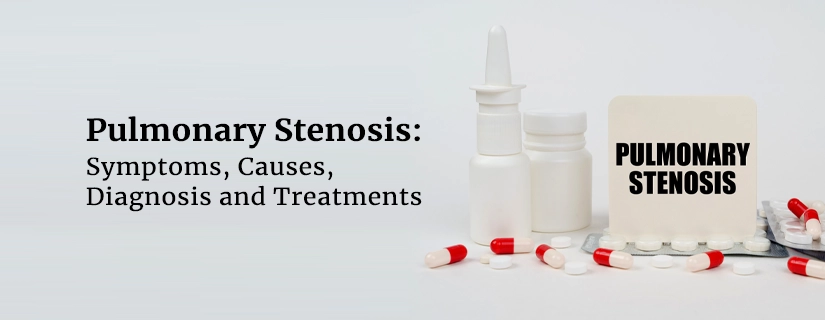
Pulmonary Stenosis: Symptoms, Causes, Diagnosis and Treatments
6 February 2026
Read More
-
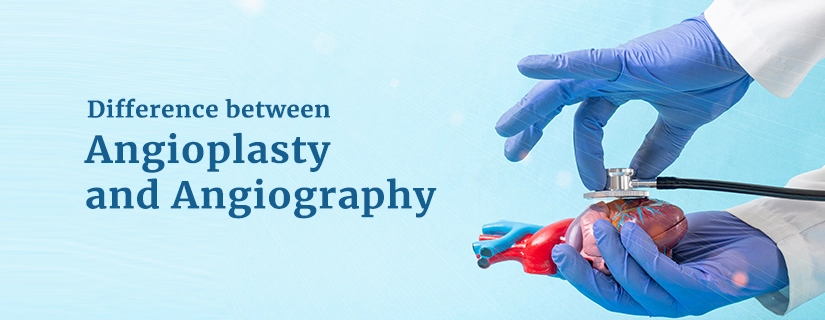
Difference between Angioplasty and Angiography
6 February 2026
Read More
-

Hemoptysis (Coughing Up Blood): Causes, Treatment and Home Remedies
2 February 2026
Read More
-
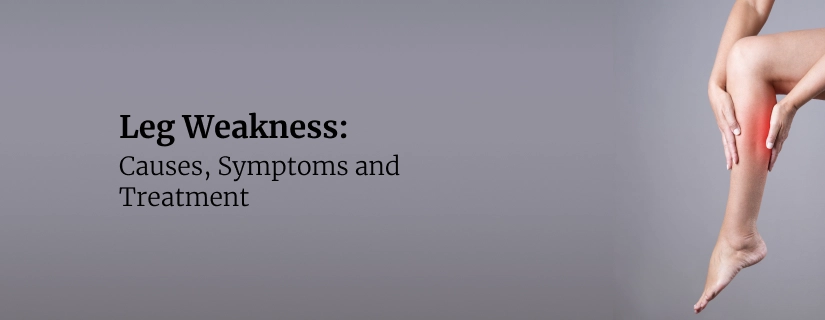
Leg Weakness: Causes, Symptoms and Treatment
9 January 2026
Read More
-

Back Pain After C-Section: Causes and Home Remedies
9 January 2026
Read More
-

Belly Button Pain (Periumbilical Pain): Causes, Treatment and When to See a Doctor
9 January 2026
Read More
Have a Question?
If you cannot find answers to your queries, please fill out the enquiry form or call the number below. We will contact you shortly.




